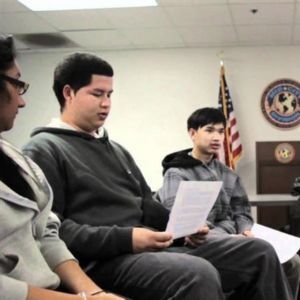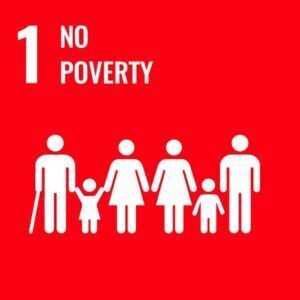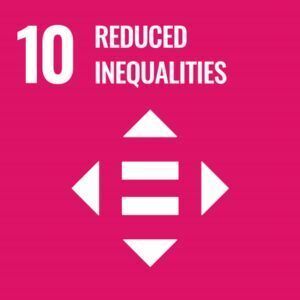Photo by Yes! Magazine
Featured Article

Faced with a violent killing, a family chooses forgiveness over prison. Donald Fields Jr faced a life sentence after he was charged with his father’s murder. Instead, his case became a pioneering instance of restorative justice.
Author: Oliver Laughland, Durham, North Carolina.
Read the article: The Guardian
* * *
Global restorative justice practices are an evolving field, and there are several significant articles that provide insights into various aspects of restorative justice on a global scale. Below are a few notable articles that speak to global restorative justice practices. These are followed by other articles that may help community initiatives explore background information on programs that they may wish to initiate in their own locales.
Restorative Justice and Dialogue: Impact, Opportunities, and Challenges in the Global Community by Mark S. Umbreit University of Minnesota-St. Paul and Marilyn Peterson Armour University of Texas, Austin, Texas. This article addresses the humble beginnings in the mid-1970s, and how the principles and practices of restorative justice have become a social movement in the twenty-first century, with an ever increasing presence in and impact on the global community.
Restorative Justice in Transitional Settings: A Review of the Evidence" by Jennifer J. Llewellyn and Robert Howse: This article examines the application of restorative justice in transitional justice contexts, such as post-conflict or post-authoritarian societies. It explores the potential benefits, challenges, and limitations of restorative justice in these settings.
Restorative Justice and Human Rights: The Path Ahead" by Theo Gavrielides: This article explores the intersection between restorative justice and human rights principles. It discusses how restorative justice practices can align with and uphold human rights standards and emphasizes the importance of incorporating a human rights-based approach in restorative justice initiatives.
Restorative Justice as a Response to Atrocity: Profound or Merely Pragmatic? - by Dr. Claire Moon: The growing prominence of restorative justice as a response to atrocity in recent decades has unmistakeably led to discussion surrounding the justifications for its adoption, specifically between the elements of pragmatism and genuine normative appeal. This essay seeks to posit that the pragmatism and profundity of restorative justice are not mutually exclusive; rather, they are mutually reliant as modes of justification and framing of restorative justice practices. This debate surfaces a broader tension between the ideals of restorative justice (that underpin its profundity), and the implementation of restorative practices into political process, which must be acknowledged.







